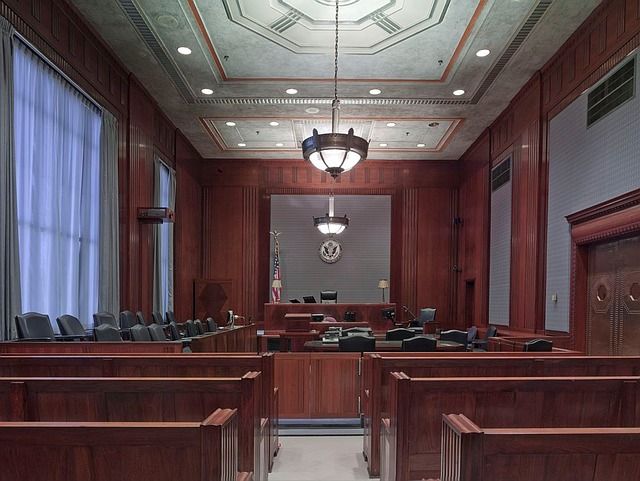
Custody Cases Often Turn on Credibility of Witnesses/Parties
When you have your day in court, and the judge rules against you, you have the right to appeal the judge's decision. In Arkansas, this means that you can have the Court of Appeals or the Arkansas Supreme Court review the decision made by the judge.
In child custody cases the decision of the trial court judge is reviewed de novo - this is a fancy way of saying the Court of Appeals or Supreme Court will look at the case "anew" or with fresh eyes.
Now there are numerous aspects to appealing a case and we will not go into all of them here. One of the most important aspects to an appeal of a child custody case is that the Court of Appeals or Supreme Court will leave judgments about credibility of witnesses and parties to the trial judge. This means that if a witness/party was acting or saying things in a way that reflect positively or negatively on their testimony, the appellate court is not going to be in a position to make a judgment about that. These are credibility issues, and the person best able to make a call about a witness' credibility is the trial judge - because the trial judge sat there and watched the person on the stand (presumably). The appellate court won't have that luxury. The appellate court will be left with the black ink on white paper called the transcript of the hearing.
In Wingfield v. Wingfield, just decided by the Arkansas Court of Appeals, Ms. Wingfield filed a motion for change of custody and cited approximately 19 (!) reasons that a change in circumstances had occurred. The trial court denied the motion and custody remained with Mr. Wingfield. Ms. Wingfield appealed. The Arkansas Court of Appeals stated the following:
Many of the accusations made by Cynthia were denied or explained in detail by Jeffrey. The trial court was presented with all of the evidence, and it was its duty, not ours, to make credibility determinations. We know of no cases in which the superior position, ability, and opportunity of the trial court to observe the parties carry as great weight as those involving children. Although our review of the trial court is de novo, we will not reverse the trial court’s findings unless they are clearly erroneous or clearly against the preponderance of the evidence. The evidence supports the trial court’s decision; accordingly, we affirm.
Many times your attorney may not use a witness that you as the client had really planned on using. Ask your attorney why. You may discover that the person has some type of credibility issue.
